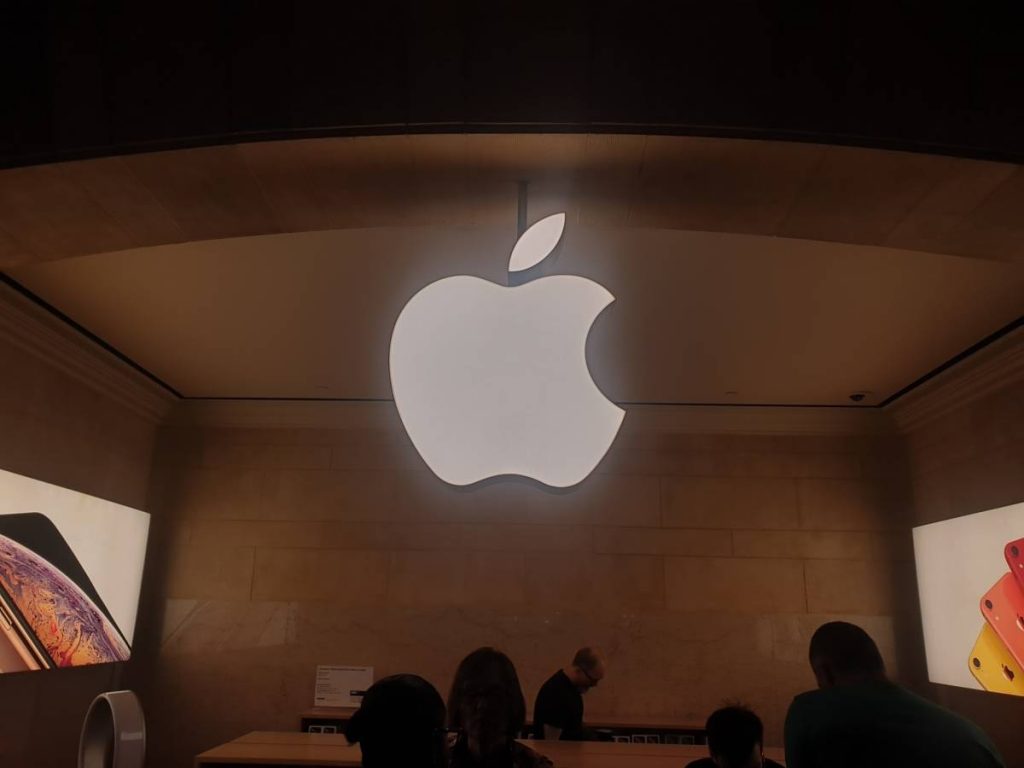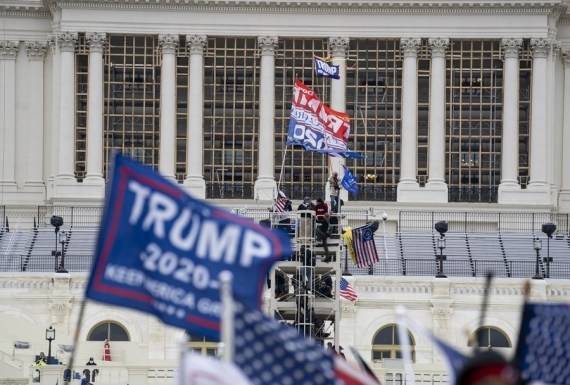Apple Inc and Amazon.com Inc have suspended Parler from their respective App Store and web hosting service, saying the social networking service popular with many right-leaning social media users has not taken adequate measures to prevent the spread of posts inciting violence.
The action by Apple and Amazon follows a similar move by Alphabet Inc’s Google on Friday. Parler is favored by many supporters of US President Donald Trump. The news was reported by Reuters.
“We have suspended Parler from the App Store until they resolve these issues,” Apple said in a statement.
Apple had given Parler 24 hours to submit a detailed moderation plan, pointing to participants’ using the service to coordinate Wednesday’s siege of the U.S. Capitol.

Amazon’s move effectively takes the site offline unless it can find a new company to host its services.
Amazon suspended Parler from its Amazon Web Services (AWS) unit, for violating AWS’s terms of services by failing to effectively deal with a steady increase in violent content, according to an email by an AWS Trust and Safety team to Parler, seen by Reuters.
An Amazon spokesperson confirmed the letter was authentic.
Due to the “very real risk to public safety” that Parler poses, AWS plans to suspend Parler’s account effective Sunday, at 11:59 p.m. PST, the email seen by Reuters showed.
Parler Chief Executive John Matze lashed out at Amazon, Google and Apple, saying it was a coordinated effort knowing Parler’s options would be limited and it would inflict the most damage right as Trump was banned from other social media platforms.
“There is the possibility Parler will be unavailable on internet for up to a week as we rebuild from scratch,” he said in a post on Parler.

“This was a coordinated attack by the tech giants to kill competition in the market place… You can expect the war on competition and free speech to continue, but don’t count us out.”
In addition to Parler, right-leaning social media users in the United States have flocked to messaging app Telegram and hands-off social site Gab, citing the more aggressive policing of political comments on mainstream platforms such as Twitter Inc and Facebook Inc.
Last week, social media giant Twitter announced that it is banning US President Donald Trump from its platform, citing “risk of further incitement of violence”. The Twitter ban comes two days after a pro-Trump mob stormed the US Capitol, hoping to stop the certification of Joe Biden’s election victory.
On Twitter, Donald Trump’s handle is now an almost empty white canvas, frozen at 51 followed accounts, 88.7 million followers and two words on the center of screen saying “Account suspended”.
“After close review of recent Tweets from the @realDonaldTrump account and the context around them a” specifically how they are being received and interpreted on and off Twitter a” we have permanently suspended the account due to the risk of further incitement of violence,” Twitter said in a statement.
In an “overview”, Twitter called out two of Trump tweets from January 8 and then went on to explain the context of the ban.
The first tweet: “The 75,000,000 great American Patriots who voted for me, AMERICA FIRST, and MAKE AMERICA GREAT AGAIN, will have a GIANT VOICE long into the future. They will not be disrespected or treated unfairly in any way, shape or form!!!” The second tweet: “To all of those who have asked, I will not be going to the Inauguration on January 20th.”

Twitter explains that both these tweets need to be seen in the “context of broader events in the country and the ways in which the President’s statements can be mobilized by different audiences, including to incite violence, as well as in the context of the pattern of behaviour from this account in recent weeks. Twitter justified the Trump ban saying its language went against “our Glorification of Violence policy”.
Twitter reportedly picked up chatter on its platform of another possible attack being planned on the Capitol later this month, days before Inauguration day on January 20.
Also Read-US charges 3 Sri Lankans in 2019 Easter Sunday terror attacks

Leave a Reply